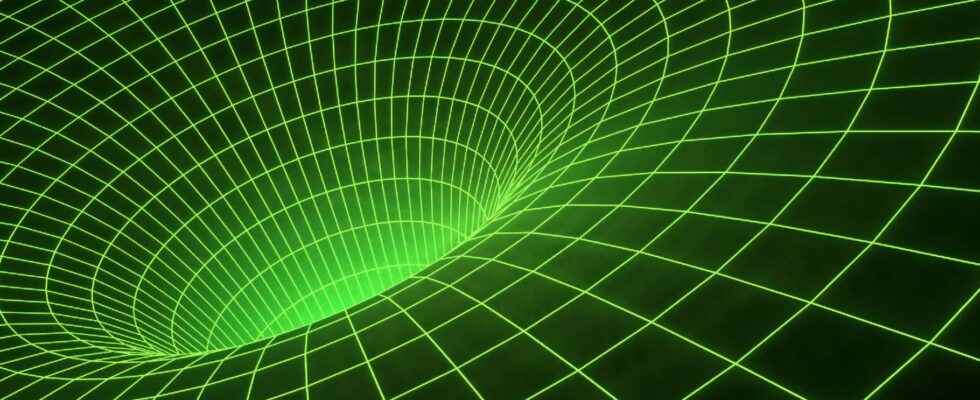When it first appeared, general relativity was a new theory of gravitation: the first to be coherent and in agreement with observations, since that of Newton. Before it, there was the special theory of relativity. Get to know this one.
This dossier, whose main theme is the special theory of relativity, will introduce you to the principle of relativity, its ins and outs (with the exception of general relativity).
In order to try to make the subject self-sufficient and to place the birth of this theory in the epistemological and historical contexts, the choice has been made to begin with a few historical chapters, which may possibly be ignored by those who wish to read only what explicitly deals with of the relativity according to Einstein.
Thus, page 2, which follows this introductory page, concerns the first Greek reflections on the movement and the physical pre-Galileanthe goal being to better understand the revolution that was the first formulation of the principle of relativity by Galileosubject of page 3.
Then two pages, one on the newtonian physics (page 4), the other on how the light was considered before Einstein (page 5), precede the presentation of relativity (page 6) reformulated by the latter, parentheses which highlight how much seemed solid the foundations of which he had to make a clean sweep.
Finally, the implications and applications that the renovated principle of relativity had (and those that it continues to have) will conclude this dossier (pages 7 and 8), illustrating the apparent reliability of the relativistic framework. A bibliography is given on page 9.
Nevertheless, this “physical-historical” approach will inevitably be biased in two ways:
- Scientific theories, and the concepts employed by them, being in a way living beings which are born, evolve and sometimes die, the formulation adopted will more readily use the terms of modern physics and will not always be perfectly respectful of the conceptions of science. ‘in the old days. However, the primary goal here is to present theories through their concepts and not to write the history of science and/or ideas.
- The narration being, however, largely chronological and sometimes relating to fairly old facts, the history of science will not always be very far away. However, there is not a “History of Science”, but many different versions of it, even if an official version often exists. As the said physicist American Richard Feynman, “What I’m telling you here is a species conventional saga that physicists tell to their students, who in turn tell it to their students, and so on. It doesn’t necessarily have much to do with the actual historical development of physics…which I obviously don’t know! »
Understanding Special Relativity
In fact, even with regard to the birth of relativity according to Einstein, an event that is not so far from us, many controversies persist. The versions retained here will therefore most often be the most commonly accepted versions and, when possible, the versions towards which the historians current science.
Relativistic gravitation is a rich and complex subject. This is why this dossier is devoted solely to special relativity.
